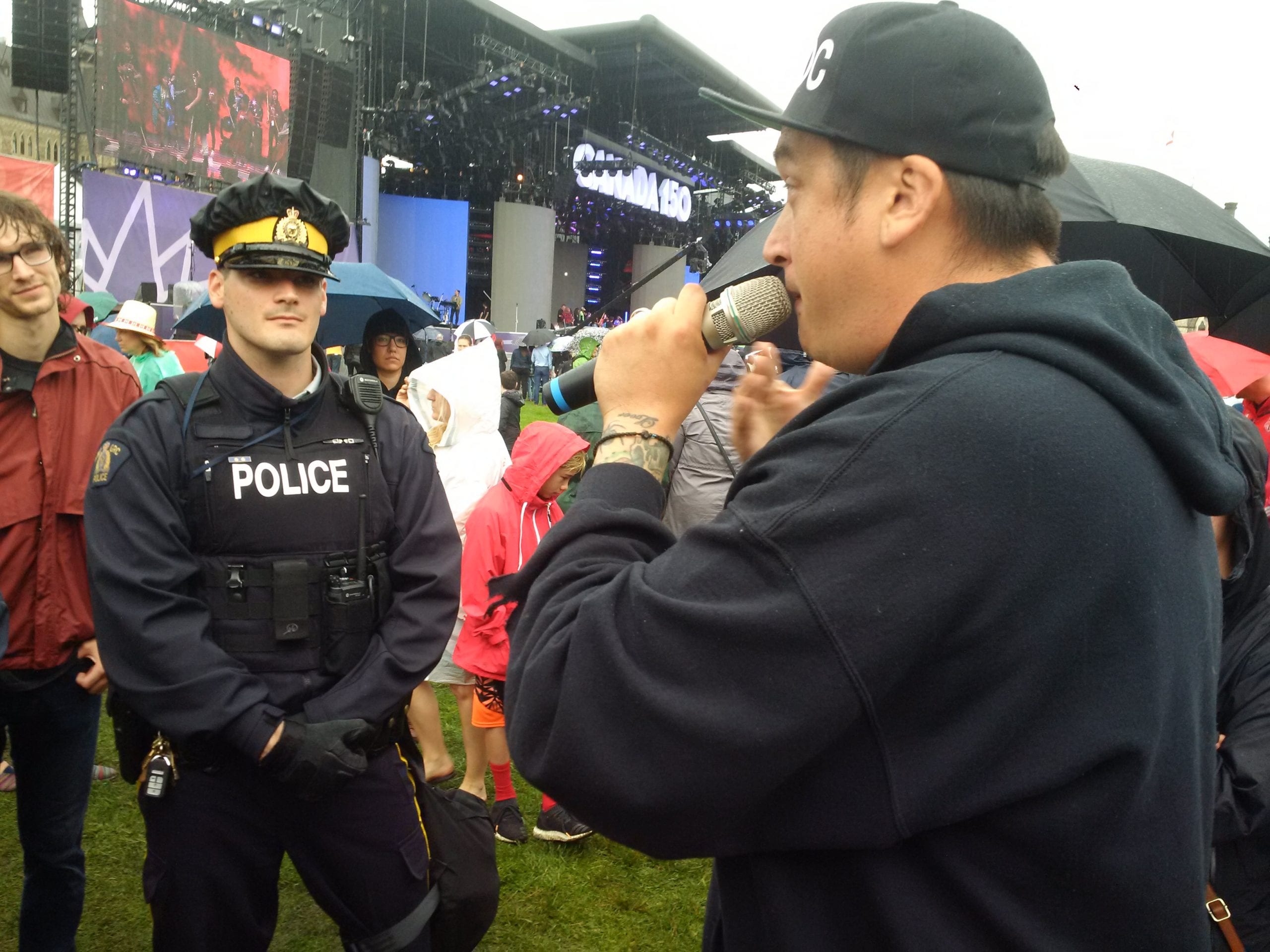
[ad_1]
Indigenous actress Roseanne Supernault is speaking out about the toxicity that exists in the Indigenous entertainment world.
“Fame, it goes to people’s heads. It’s the illusion of power. And I think that a lot of our people are getting lost in it,” she told APTN News.
Supernault has had a successful acting career; performing in several motion pictures and TV series. But behind the scenes, she said she faced lateral violence from Indigenous men and women in the industry.
“I know a lot of other people were responsible for slandering me and for edging me out and ruining my reputation and spreading lies about me,” she said in an interview.
“It got to the point where I wasn’t getting hired for youth workshops anymore which was one of my main ways to make money as an actress to supplement my income.
READ MORE: ‘I’m a monster’; Ian Campeau admits to using his status against women
Supernault said she wasn’t getting invited to events, either.
“People didn’t seem to want to work with me anymore. When I did go to events, I was clearly the odd one out, I was constantly shaded, given dirty looks,” she said.
“And it got so bad that I was going to kill myself.”
Supernault is speaking out now after former A Tribe Called Red member Ian Campeau took to Twitter in late July, apologizing for using his fame to exploit women.
“I apologize openly for my past behaviours toward women,” Campeau said in a Twitter post. “I’m a monster but working to not be.”
Supernault told the public she was one of his victims on her Instagram page.
After Blackstone
“I met Ian when I was much younger. I met him after Blackstone started making waves on television and was coming up in that way as a young actress,” she said.
“I saw it as a friendship, I saw it as ‘this is an ally, this is someone who I regard as an older brother,’ and that changed all in one night.”
Supernault said Campeau “made me feel guilty for not having sex with him. I felt scared, I felt like if I didn’t have sex with him it was going to affect my career. He continuously grabbed my hands through the night and just kept grabbing them, in that moment was grabbing them and he wouldn’t let up.
“After that within some time frame maybe months or so he cut me off,” she said. “He deleted me off social media, particularly on Facebook and I no longer felt like I was welcomed by him. I felt edged out, I felt coldness I felt ostracized, I felt alienated and at the time this is the hottest Indigenous music group on the planet, and I felt like a loser.
“I do feel like in a lot of ways it affected my career because I just started to feel more and more alienated not just from him but by other people in those circles.”
Musician Lido Pimienta also took to social media to say, “I have been his victim too.”

APTN reached out to Campeau to provide a statement, and he replied stating he “would like to formally decline to comment.”
Supernault said Campeau’s action is just one example of the lateral violence she faced.
“I will never ever, ever say that it’s totally Ian’s fault because it is 100 per cent not, not his fault. There’s a lot of reasons why my life got to that point,” Supernault said.
“But the violence I experienced in the entertainment industry did not help at all.”
In December 2019, Inuk musician Kelly Fraser died by suicide after experiencing lateral violence and bullying on social media.
Supernault said things need to change.
She hopes Campeau’s confession encourages other perpetrators to come forward and hold themselves accountable for their actions.
“My message today far and wide in Indian country is to speak up and to speak out. Say something. Tell somebody. Do something because things have to change. They must change. The time is now. We can’t go on like this anymore. We have literally lost beautiful young talented artists because of this and it needs to stop, and it needs to change.”
[ad_2]
Source link